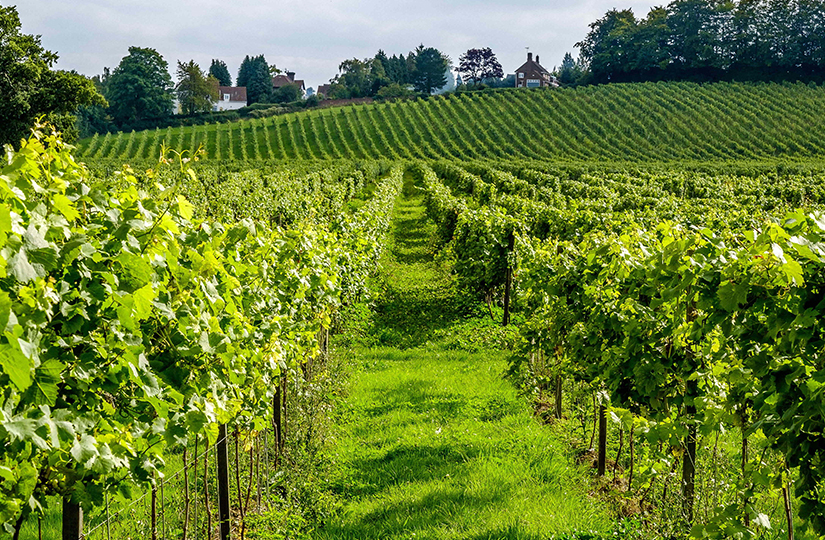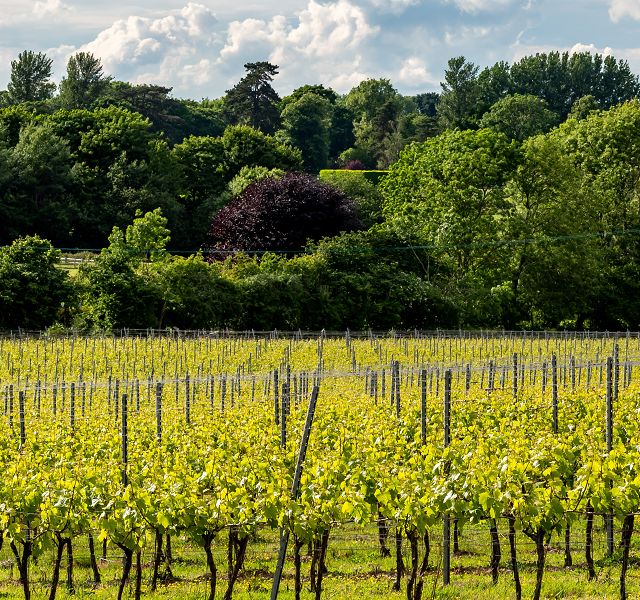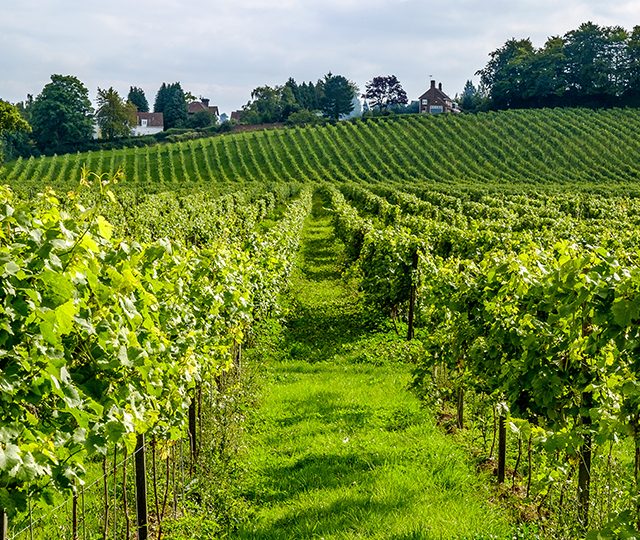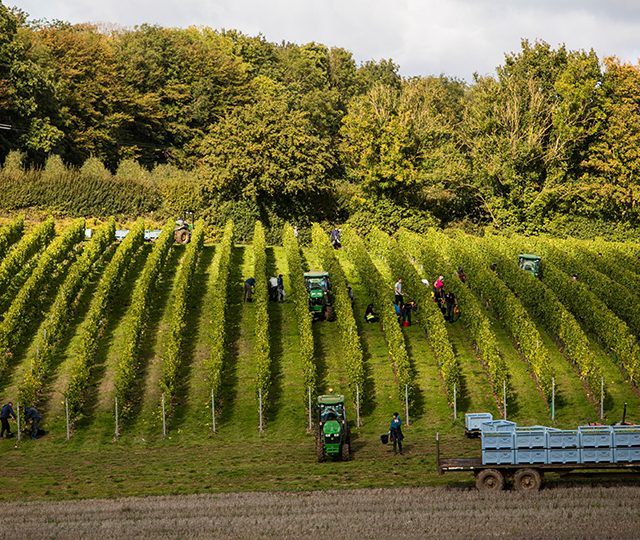How to prepare for selling your vineyard
Markets are constantly evolving and the viticulture sector is no different. There has been a discernible change in the type of enquiries we have received over the past six months. The transition has largely been from private individuals looking to find land suitable for vines, to wine distribution businesses and venture capitalists looking to buy wine businesses. The scale of the investments they are considering has also increased markedly.
For existing vineyard and winery owners considering a sale of their business, this development may well be of interest. As a result, we have produced the following considerations to help those business owners considering a sale, to ensure they have a strong platform from which to negotiate during sales discussions:
Are you collecting climatic data?
Favourable climatic data will help demonstrate the suitability of the vineyard to produce quality fruit. We advise installing a climate monitor to collect data on the following key metrics:
- Growing season temperature (GST)
GST is the average temperature between April and October. Vineyards with a higher annual GST than the regional average will be more attractive to purchasers. As a benchmark, a GST of 14 degrees C or above is good.
- Rainfall in June & July
The lower the better as rain in these months can dislodge petals from the vines during blossom, reduce pollination, leading to a weak fruit set and light grape bunch weights.
- Occurrences of air frosts
As air frosts can cause such damage to a harvest, showing low historic occurrences of air frosts can be very helpful.
Ideally, this information should be exportable to an excel spreadsheet that could then be sorted and presented during negotiations.
Are you collecting grape fruit data?
You should collect data on the grape harvest weight (t/ac), levels of sugar and tartaric acid in the grapes from previous years’ harvests. If you have produced high-quality fruit relative to UK benchmarks year on year, this is an excellent way to demonstrate the capability of the vineyard to make good wine.
Are your accounts part of a wider farm or estate business?
If your vineyard is part of a wider farm or estate business, then we advise you separate out the accounts to show the revenue and costs purely associated with the vineyard, so they are distinct from other operations’ accounts.
Value of the wine in store
Think about the value of wine in store from a purchaser’s point of view. They will probably take a ‘top down’ approach to their valuation, by starting at a blended sale price (calculated using the % number of bottles historically sold by your business at wholesale and retail prices) and deduct a vendor’s margin, duty at the appropriate rate, VAT, storage cost and the cost of administration & marketing to sell each bottle.
Purchasers will only want to buy wine that has proven rates of sale and won’t want to buy old inventory. During a sale, it is best not to hold any old inventory, save for a ‘library’, so try to sell it on promotion or by bulk discount if possible.
What are your visitor numbers?
For those wine businesses that have a visitor centre, we would advise that they collect data on the number of visitors who have attended year on year and try to calculate the average shopping basket value.
Try to capture whether the number of visitors or spend per head is declining or increasing, and why. If it is increasing, this puts you in a strong position to argue that your business is capable of supporting higher future cellar door sales which could lead to a growth in turnover and profit, for the purchaser’s benefit. This will help drive the argument that a competitive goodwill value should be paid.
Legal Documents
If you have grape sale agreements, farm business tenancies, planning permissions, trademarks, employment contracts or any other legal documents that are essential to the operation of the business, then ensure that you have completed, final copies of these to hand and that you are in compliance with them.
We recognise that it is an anxious time, as you want to ensure that the hard work, time and capital you invested into the project is realised. We hope that this gives a few tips on what to consider when going down this road.
If you want any further advice, please get in touch.






